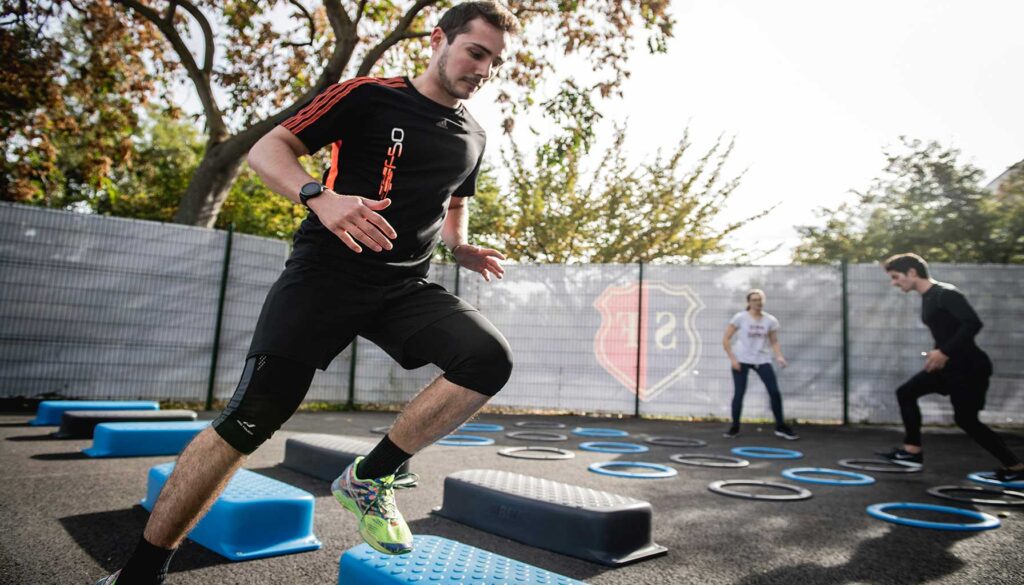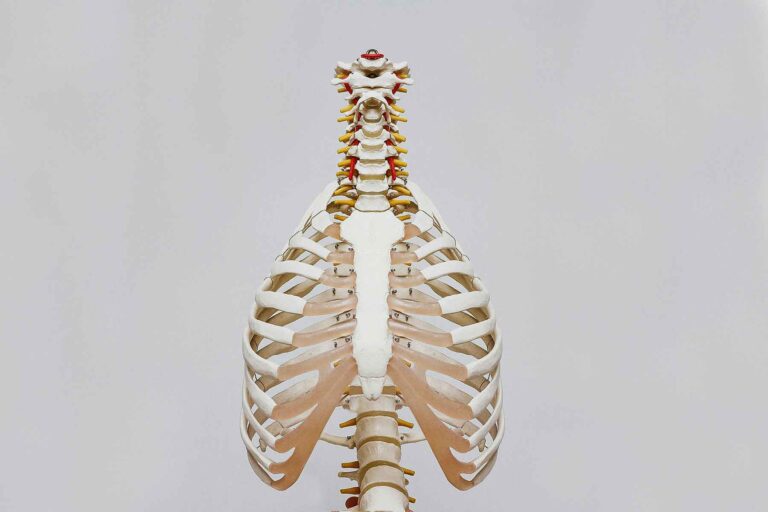
The Health Benefits of Running: Is 15 Minutes Enough?
Visit these pages and apps to continuous your journey.
Wondering if just 15 minutes of running can truly impact your health positively? Let’s explore the potential health benefits of running incorporating short bursts of running into your routine.
Optimizing Health with On Running:
On Running has long been celebrated for its numerous health benefits. Even a short 15-minute jog can kickstart a cascade of positive changes in your body and mind. From improving cardiovascular health to boosting mood and enhancing overall well-being, the benefits of running are undeniable.
1. Cardiovascular Health: On Running gets your heart pumping and your blood flowing. Just 15 minutes of running can elevate your heart rate, strengthening your heart muscles and improving overall cardiovascular health. Over time, regular running can lower the risk of heart disease and improve heart function.
2. Weight Management: Looking to shed a few pounds or maintain a healthy weight? Running is an excellent choice. Even a brief run can burn calories and rev up your metabolism, making it an effective tool for weight management and improving muscle tone.
3. Mental Well-being: Running isn’t just good for the body; it’s also beneficial for the mind. The release of endorphins during a run can boost your mood, reduce stress levels, and enhance mental clarity. A quick jog can leave you feeling refreshed and rejuvenated, ready to tackle whatever the day throws your way.
4. Improved Fitness Levels: While 15 minutes may not seem like much, regular running sessions, even if short, can contribute to improved fitness levels. Building stamina, increasing energy levels, and enhancing overall physical fitness are just some of the benefits you can expect from incorporating running into your routine.
5. Convenience and Accessibility: One of the best things about running is its convenience and accessibility. You don’t need fancy equipment or a gym membership – just a pair of sneakers and an open road. Whether it’s a quick run around the block or a jog on the treadmill, running offers flexibility and ease of integration into your daily life.
6. Social Connection: Running can also be a great way to connect with others. Joining a running group or participating in local races can provide opportunities for social interaction and support. Sharing the experience of running with others can enhance motivation and accountability, making it easier to stick to your fitness goals.
7. Longevity: Research suggests that regular exercise, including running, is associated with increased longevity. Incorporating just 15 minutes of running into your daily routine can contribute to a longer, healthier life, reducing the risk of chronic diseases and improving overall quality of life.
On Running: A Catalyst for Achieving Daily Life Goals
Running, a versatile activity, offers a multitude of benefits:
- It improves physical fitness and stamina.
- It aids in effective weight management through calorie burning.
- It enhances mental clarity and focus.
- It provides stress relief and emotional well-being.
- It fosters achievement of personal goals and increases confidence.
Incorporating running into your routine can lead to a holistic transformation, positively impacting both your physical and mental health, and paving the way for greater success in various aspects of your life.
"Strategies for Ensuring Your Running Routine Promotes Well-being"
Discover the transformative power of running for your health and well-being. Explore these essential tips to maximize your running experience, boost your mood, and enhance your overall quality of life.
- Warm-Up Routine: Begin with dynamic stretches like leg swings and arm circles to loosen muscles and joints, reducing injury risk.
- Footwear Selection: Invest in supportive running shoes with proper fit and cushioning to prevent discomfort and common injuries.
- Listening to Your Body: Pay attention to signals of pain or discomfort while running to avoid aggravating potential injuries.
- Progressive Training: Gradually increase run duration and intensity to prevent overtraining and reduce the risk of fatigue and injury.
- Strength Training Integration: Include exercises targeting core, hip, and leg muscles to improve stability and performance and minimize injury risk.
- Hydration Practices: Maintain optimal hydration levels by drinking water before, during, and after runs, especially during longer or intense sessions.
- Nutrition Essentials: Fuel your body with a balanced diet rich in carbohydrates, protein, and healthy fats to support energy levels and muscle recovery.
- Proper Form Focus: Ensure proper running form, including upright posture and midfoot strike, to minimize strain and maximize efficiency.
- Rest and Recovery: Allow sufficient time between runs for rest and muscle repair to prevent burnout and overuse injuries.
- Seeking Expert Advice: Consult experienced runners, coaches, or healthcare professionals for guidance on technique, injury prevention, and personalized training plans.
The benefits of running every day include improved cardiovascular health, increased stamina, weight management, stress reduction, and enhanced mood.
Running is not inherently bad; however, excessive or improper training can lead to overuse injuries or burnout. It's important to listen to your body and practice moderation.
Yes, running is excellent for heart health. It strengthens the heart muscle, improves circulation, lowers blood pressure, and reduces the risk of heart disease.
Yes, preventing death is indeed a compelling reason to run. Regular running has been shown to reduce the risk of various chronic diseases, including heart disease, stroke, and certain types of cancer, which can ultimately extend lifespan and improve overall health and well-being.










